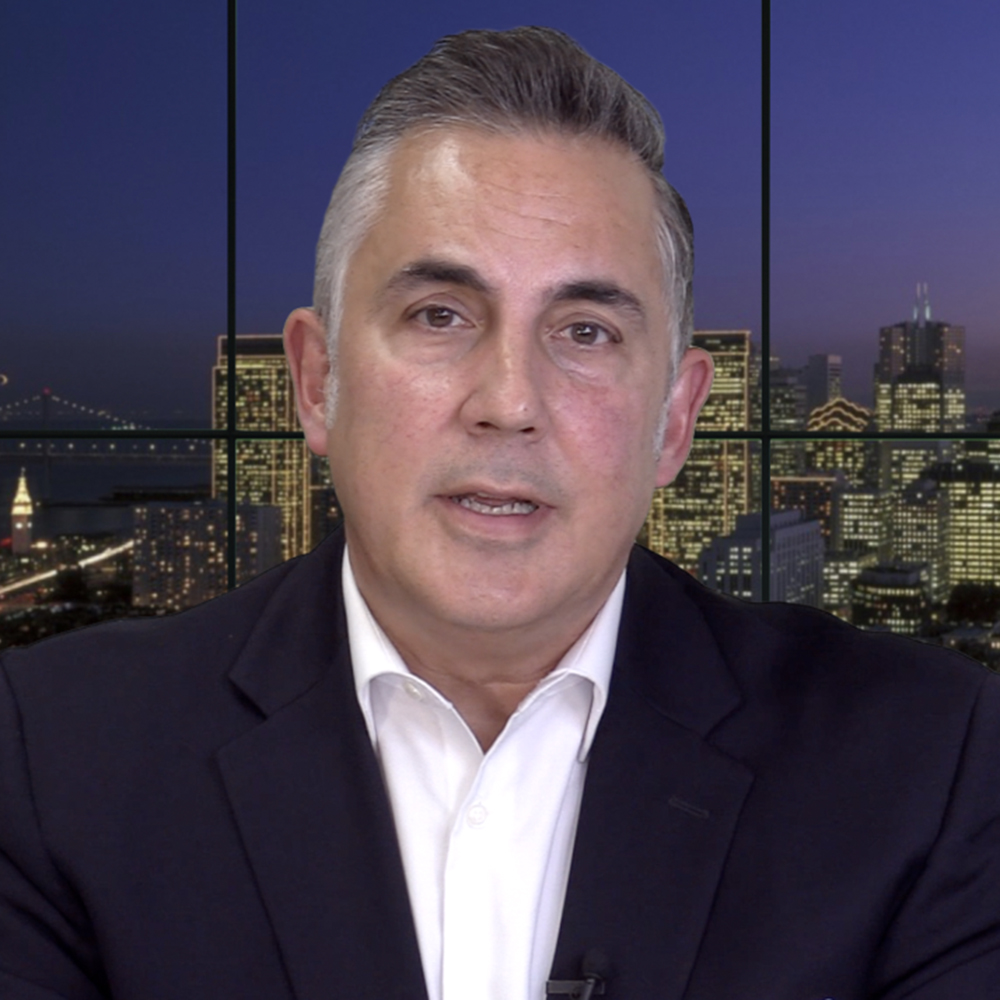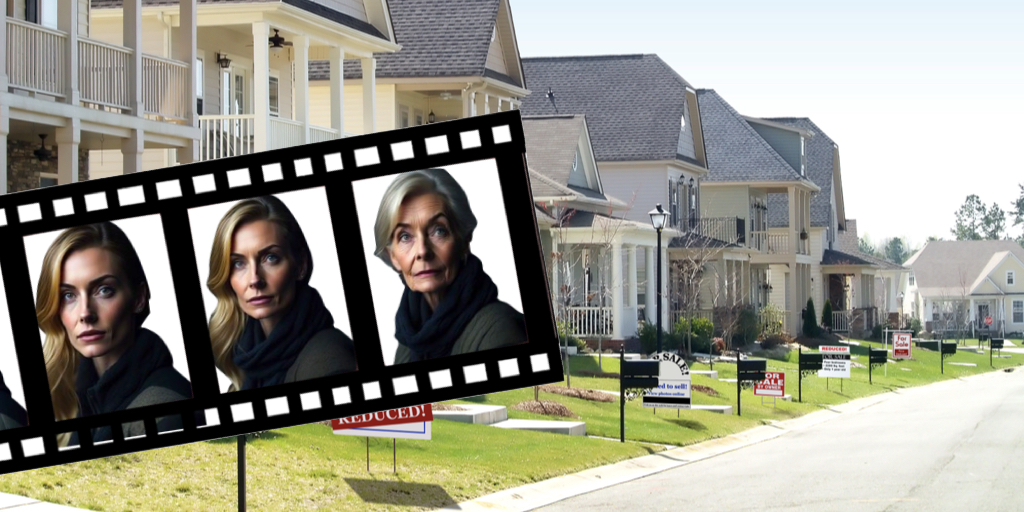How Elder Living is Evolving Part 2
“The paradigm of creating dependence for elders is so ingrained,” says Emi Kiyota, PhD, even those who work in the field may need to be shocked into awareness.
For environmental gerontologist and organizational culture change specialist Kiyota, the wake-up call was witnessing the way her beloved grandmother was treated in a Japanese nursing home: “sitting in the room, waiting for something to happen.” Kiyota realized, “We’re not giving elders an opportunity to contribute: to share their wisdom in a very natural way, where they are encouraged to be a part of the solution for an aging society, rather than us thinking we have to create it all for them.”
From this purposeful fire, Ibasho arose like the proverbial phoenix. Ibasho means “a place where one feels at home being oneself,” where elders belong, to live in safety, comfort, and dignity, valued as a person of full history and experience, says Kiyota. We have two main fears as we age: social isolation, and loss of respect. By viewing elders as resources rather than liabilities, they can become change agents of their own communities.
Sustainable, Replicable Resources
 Ibasho operates by 8 guiding principles that promote the value of socially integrating elders, and demonstrates the multi-generational social, economic, and environmental benefits of such a community in traditional, developing, and modern societies. They partner with local organizations and communities worldwide to design and create socially integrated and sustainable communities that value their elders.
Ibasho operates by 8 guiding principles that promote the value of socially integrating elders, and demonstrates the multi-generational social, economic, and environmental benefits of such a community in traditional, developing, and modern societies. They partner with local organizations and communities worldwide to design and create socially integrated and sustainable communities that value their elders.
“We are transforming the model to independence and interdependence, which is a global desire of elders, regardless of culture or area,” says Kiyota. One of her goals: to have a global network of Ibasho Cafés, where people look forward to being “old enough to get into this club.” (Like the Young@Heart Chorus, which requires aspiring members be at least 73 to join.)
“People have capacity, they have resources,” says Kiyota. With the first Ibasho Café completed in Japan, she has grants to replicate the model in the Philippines and Nepal.
Ibasho in America?
The conversation stateside might be:
- How can we extend Ibasho principles into existing communities, with elders who want to remain in their own homes as they age, perhaps with the help of a reverse mortgage?
- How can elders age in place and obtain the services they need, without feeling isolated?
- If someone lives in a community setting, how can we provide the environment and engagement that everyone would like to have?
- How can we shift social perception to include elders, reimagining the paradigm of “having it done for you,” while respecting and supporting what elders can and want to do?
Says Kiyota, “The next step for Ibasho is to transform affordable housing communities to be much more livable. We have to sit down and ask elders what they really need and want.”
Beyond Assisted Living
Dr. Keren Brown Wilson’s prescription for the future of aging echoes Kiyota’s. Wilson essentially created the concept of assisted living forty years ago as a graduate student in gerontology, when her mother, a nursing home resident at 65 due to a stroke, asked, “Why don’t you do something to help people like me?” Wilson interpreted her words to mean, “Figure out a better way to deliver long-term care.” She has devoted her career to developing ways for low-income elders to participate with purpose.
Wilson’s vision began with reframing the type of environment that would support an older person who needed substantial care every day. She envisioned a person-centered residential environment with a variable level of service as needs changed. And as the aging population explodes, the need for such models escalates exponentially.
The Silver Tsunami Touches All
By 2050, 80 percent of the world’s aging population will live in developing countries. However, healthcare systems are typically focused on child and maternal health.
“The aging pyramid is now a rectangle. How do we support people regardless of age, and regardless of income? It’s a grassroots effort, and we need infrastructure,” says Wilson. She created the The JFRF Foundation to empower communities in resource-constrained areas to “identify, strengthen and develop assets to support underserved older adults through a multi-generational, sustainable network of resources.”
Wilson recommends we focus on:
- Affordable housing with services. Help local communities create settings where people can organize themselves, using joint purchasing power to reduce the cost of a “unit of service” to stretch their dollars (e.g., the Village model). This may be an area where a reverse mortgage can help.
- Modifying successful models. Adapt the “promotora model” from child and maternal health (lay training to educate others) for older adults, to ensure people who need more attention have their needs met.
- Build capacity. Encourage elders to use their skills and knowledge (similar to Ibasho), and take an intergenerational approach of mutual support for vulnerable individuals of all ages.
She says, “We must become champions for change who build trust within the local community.”










No comment yet, add your voice below!